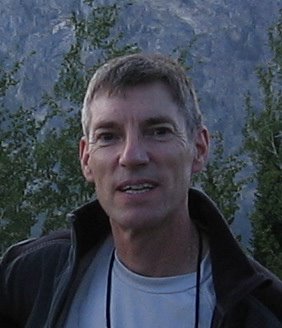Everyone has their own version of the truth. That truth is
culled from conversations, past accounts, honed by self-experience. Nurture or
nature, perhaps both create the end result. And so it is in Jon
Robin Baitz 2011 play, Other Desert Cities.
Set in 2004 and in 2011, Brook Wyeth, daughter of two successful Hollywood actors - staunch Republicans who count the
Regan and elder Bush family as dinner companions – arrives home for Christmas with a
tell-all family memoir six years in the making. It describes her truth, which as
the program notes say, ‘turns out to be a
lie’. So fear not, I will give no more away.
The early scenes are dominated by false bonhomie, over the
top, humor largely at the expense of Jewish mothers, Republicans and rather strangely,
‘The British’. This is of course to lull the audience into believing they
are watching a sit-com type comedy of the sort that can only last one one season using stereotype acting and dialogue. Brooks alcoholic aunt brings another stereotype to the stage and her shrieks and antics contribute further to audience
mood ripe for plunder.
For my part, I found myself reaching for the non-existent
remote for a channel change until Baintz adds the first twist in a scene with
Brooks and her brother. Previously only hinted at, we discover that an elder
brother not only committed suicide, but had taken a minor role in a Venice Beach
The rest of the play deals with the fallout from Brooks
manuscript and her belief that her parents drove her brother away when he
needed help and are culpable in his taking his own life.
It’s tough to be a witness a family self-destruct, swaying between accusation,
recrimination, hatred, loathing and despair. It must be even tougher to act it
night after the night. The cast manage reasonably well, but for me, there
seemed to be too much standing around, gazing blankly, angrily or with some other
form of facial emotion, whilst the on-stage character sullied forth with their
monologue.
I know from my own experience that some truths are best kept
in the family, if not inside one’s own mind, just in case they be not the truth
at all.


